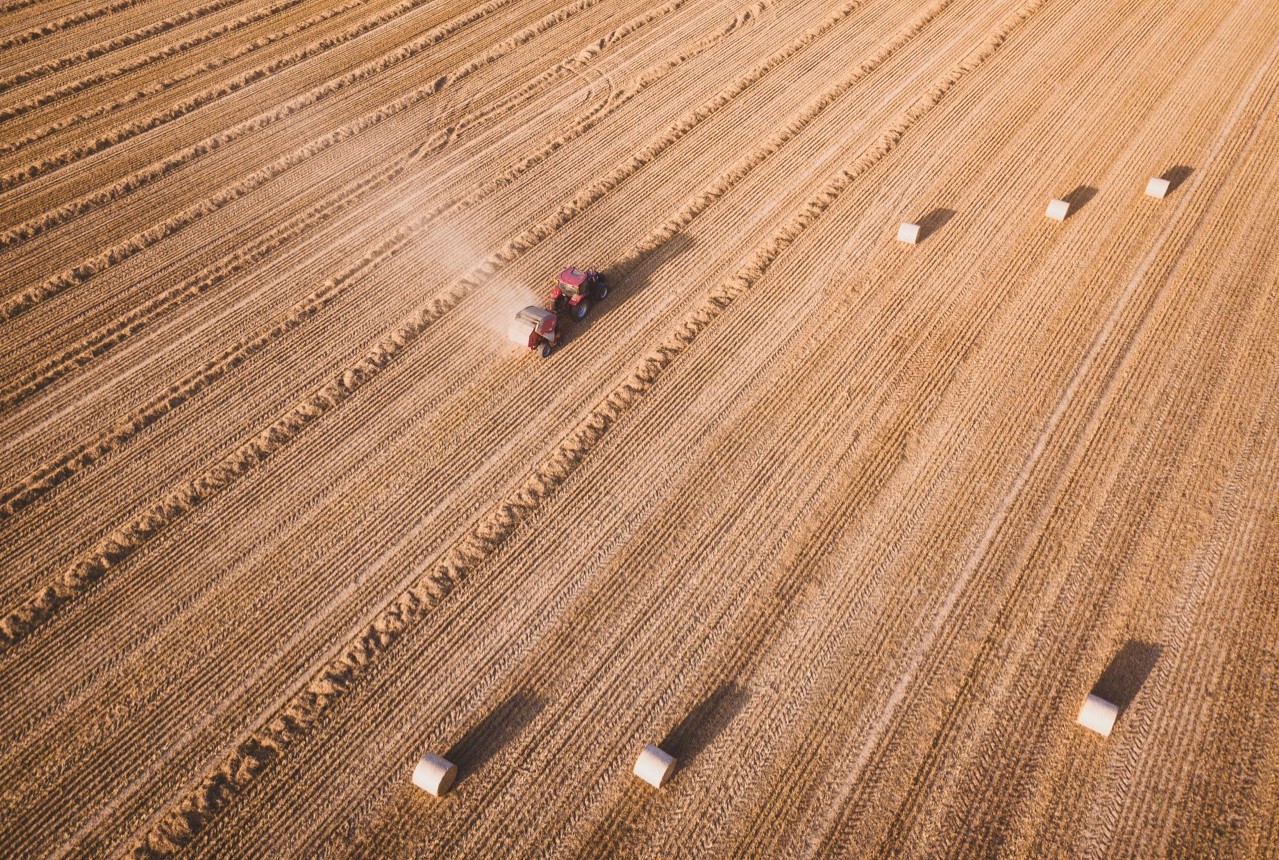Furthering understanding of the food security risks due to climate change and COVID-19, drought in North America, and more.

At the Center for Climate and Life, we’ve funded 14 Fellows to date. These leading Columbia climate scientists were selected for their bold ideas and potential to advance understanding of the physical, economic, and societal risks associated with climate change.
These fellowships provide each scientist research funding at the level of one-third their annual salary for up to three years; Fellows then leverage this to attract new federal and private support.
The Fellows program began in 2016 when we awarded our first two fellowships to Park Williams, a Lamont-Doherty Earth Observatory bioclimatologist, and Michael Puma, a food security expert at NASA Goddard Institute for Space Studies. The two scientists have become leaders in their respective fields; below we share updates about their work and other recent Center news.
Megadrought Emerging in North America
Park Williams is the lead author of a new paper that says a long-feared megadrought, worse than anything in recorded history, seems to be starting up in southwestern North America.
“Earlier studies were largely model projections of the future,” said Williams. “We’re no longer looking at projections, but at where we are now. We now have enough observations of current drought and tree-ring records of past drought to say that we’re on the same trajectory as the worst prehistoric droughts.”
The work was co-authored by tree-ring researcher Edward Cook, one of our 2017 Fellows, and appeared in the leading journal Science in April.
Food Security and COVID-19
Michael Puma is now the director of the Center for Climate Systems Research at Columbia’s Earth Institute. In April, Puma spoke with the International Research Institute for Climate and Society about his work on the food-security focused Adapting Agriculture to Climate Today, for Tomorrow (ACToday) Columbia World Project. He also talked about how the COVID-19 pandemic will test our food and trade systems in ways never experienced before.
The New York Times Visits Lamont
In case you missed it: The New York Times visited the Lamont-Doherty Earth Observatory campus, our home base, and spoke with several Center Fellows and affiliated scientists about their work and the decades of critically important climate research conducted at Lamont.
Peter de Menocal, our director and a climate scientist, told the Times that “Columbia’s scientists are the Paul Reveres of climate change. They have been ringing this bell loudly and with increasing urgency since the 1980s.”
Learn More About Our Work
See our recent Impact Report to learn more about how we advance climate research through our Climate and Life Fellows Program and sign up for our newsletter to receive quarterly updates about our activities.
